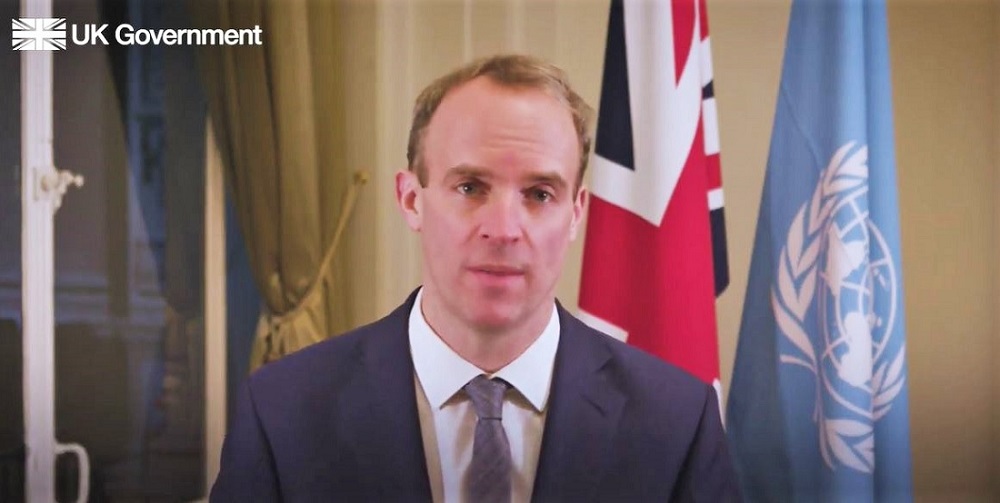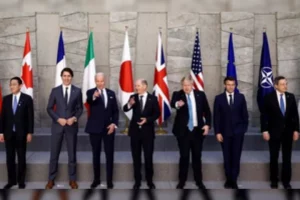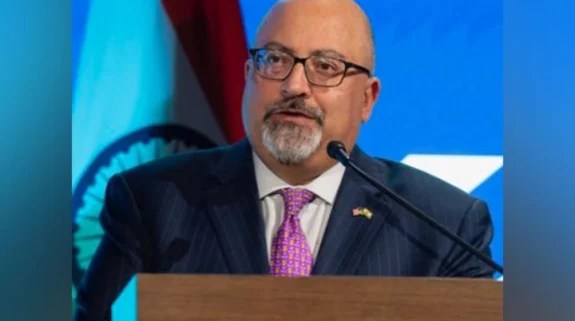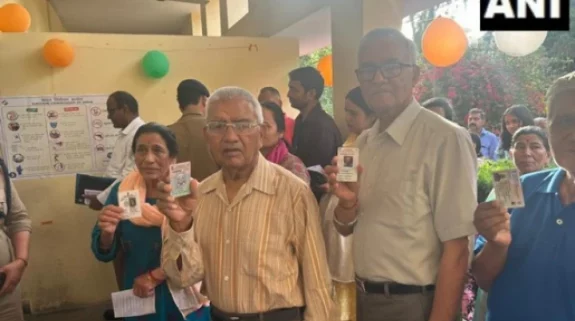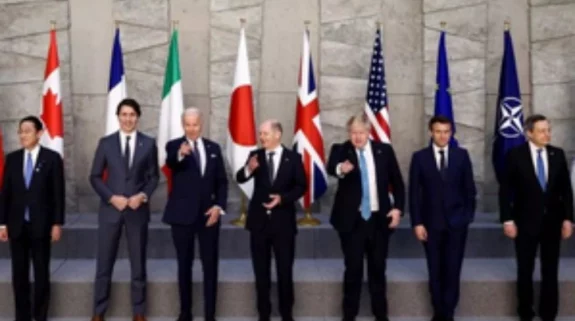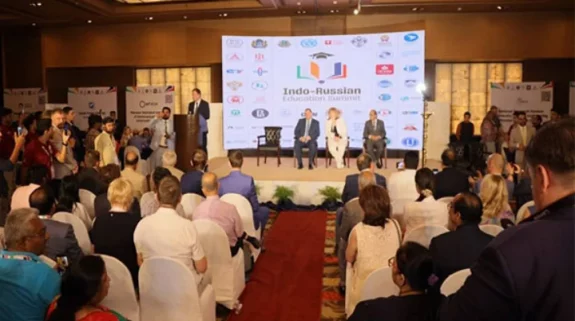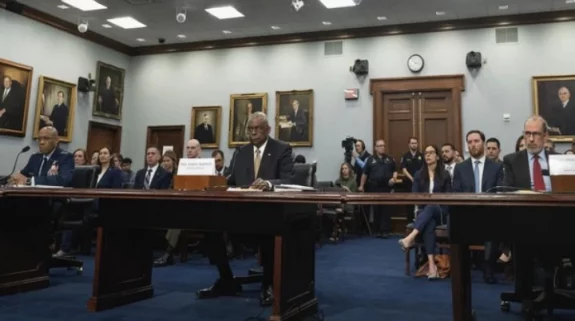British Foreign Secretary Dominic Raab has accused Beijing of 'industrial scale' human rights abuses against its Uyghur Muslim minority in Xinjiang, adding that situation in Tibet too remains "deeply concerning".
Raab, who has repeatedly taken China head on for its dismal human rights record, told the UN Human Rights Council (UNHRC) today that the United Kingdom stood with the growing number of international partners, UN experts and NGOs who have raised concerns about the deteriorating human rights situation in China.
"No one can ignore the evidence anymore… We see almost daily reports now that shine a new light on China’s systematic human rights violations perpetrated against Uyghur Muslims and other minorities in Xinjiang. The situation in Xinjiang is beyond the pale. The reported abuses – which include torture, forced labour and forced sterilisation of women – are extreme and they are extensive. They are taking place on an industrial scale. It must be our collective duty to ensure this does not go unanswered," he said in his address during the 46th session of the UNHRC.
The Foreign Secretary urged the UN to respond, insisting that the UN High Commissioner for Human Rights, or another independent fact-finding expert, must be given urgent and unfettered access to Xinjiang.
"The UK will live up to our responsibilities. So last month, I announced measures aimed at ensuring that no company profiting from forced labour in Xinjiang can do business in the UK, and that no UK businesses are involved in their supply chains. We will continue to raise our voice for the people of Hong Kong and for minorities in China suffering this appalling treatment. And we urge others who share our commitment to open societies and universal human rights to speak up," he said.
He also said that the rights of the people are being systematically violated in Hong Kong with the National Security Law being a clear breach of the Sino-British Joint Declaration which is having a chilling effect on personal freedoms.
Raab's speech Monday afternoon, which also marks the UK's return as a voting member, comes at a time when Prime Minister Boris Johnson has been criticized severely for not taking a more hardline approach to repression of democracy by the Xi Jinping government.
The Guardian reported Sunday that the UK is seeking to strengthen its economic and trade links with China after Boris Johnson stated he was “fervently Sinophile” and determined to improve ties “whatever the occasional political difficulties” during a Downing Street roundtable with Chinese businesses which took place on February 12.
But Raab, who has accused China of “appalling” human-rights abuses against the Uyghurs – and has not even ruled out a boycott of the Beijing Winter Olympics in 2022 – exposed the plight of Uyghurs, Tibetans and people of Hong Kong at the UN forum.
He said that the Human Rights Council has a key role to play at this moment, when the democratic dominoes are falling across the world and some governments are using Covid as a pretext to row back on personal freedoms.
"The Human Rights Council must be ready to play its role in full, or I fear we will see its reputation sorely damaged," he mentioned.
Meanwhile, Japanese news agency Kyodo News reported today that as many as 12 major Japanese companies have established a policy of ceasing business deals with Chinese companies found to benefit from the forced labour in Xinjiang region.
"With the exception of Panasonic Corp., which declined to comment, all companies either denied directly doing business with companies suspected of benefiting from forced labor or said they could not verify the claims against their suppliers. In terms of future policy, 12 companies responded that they would cease or consider ceasing business with business partners found to be using forced labor," the Kyodo News investigation revealed.






